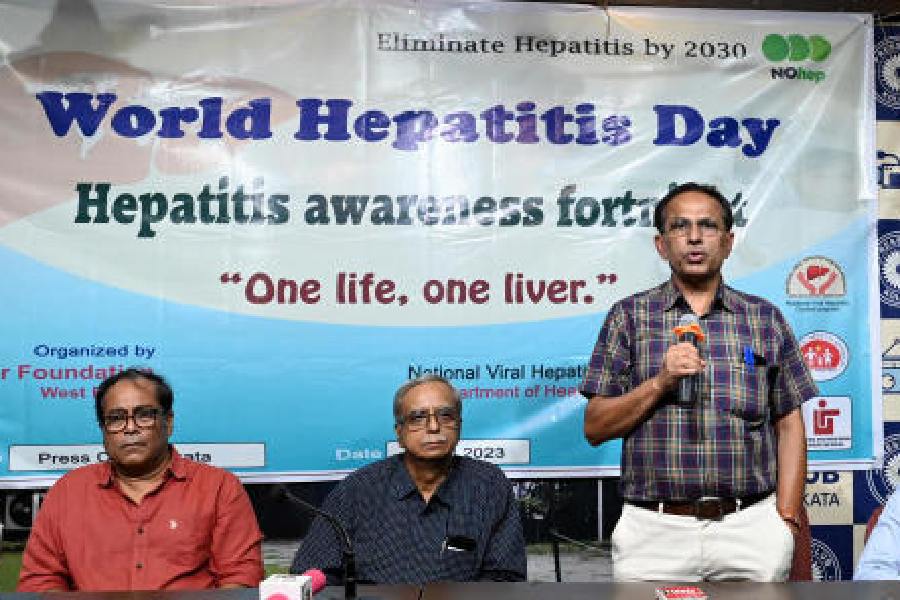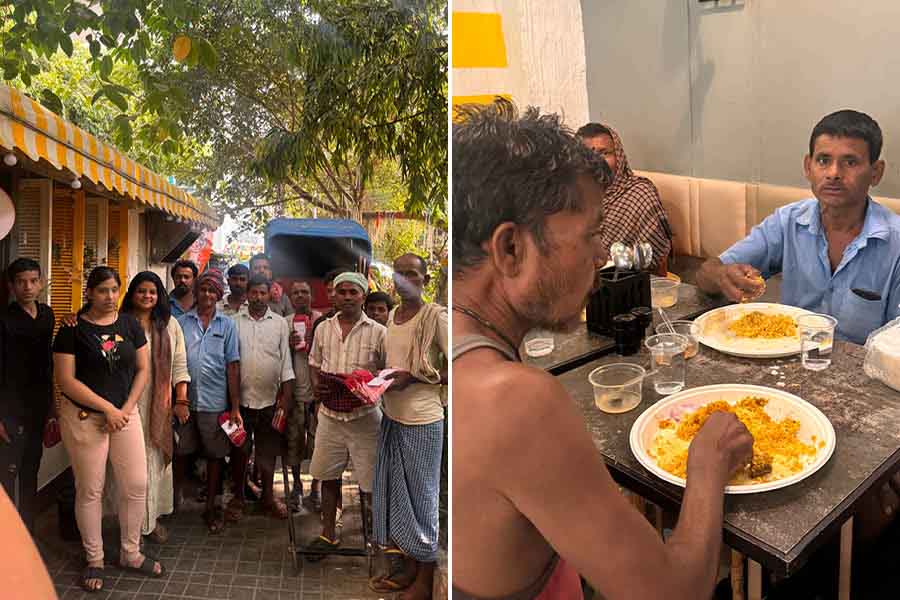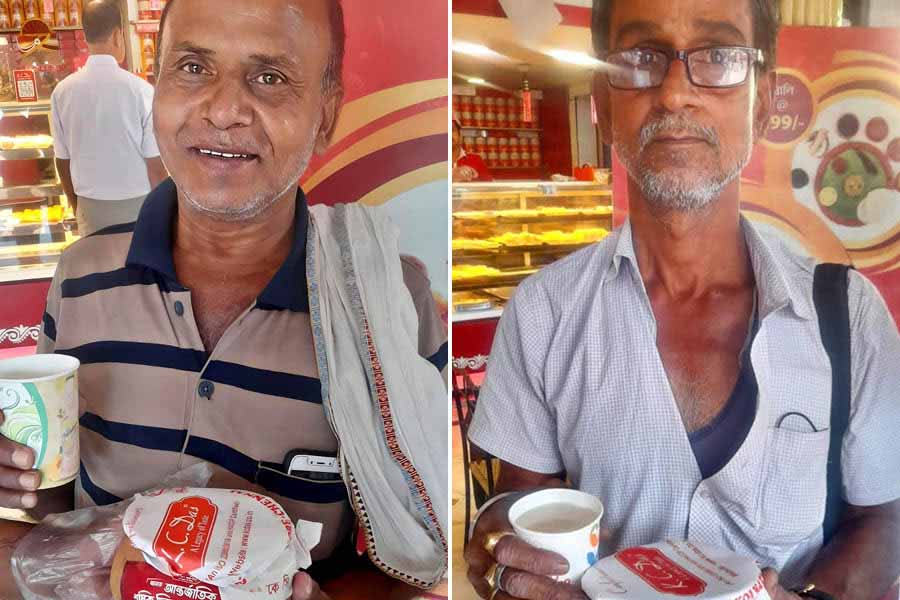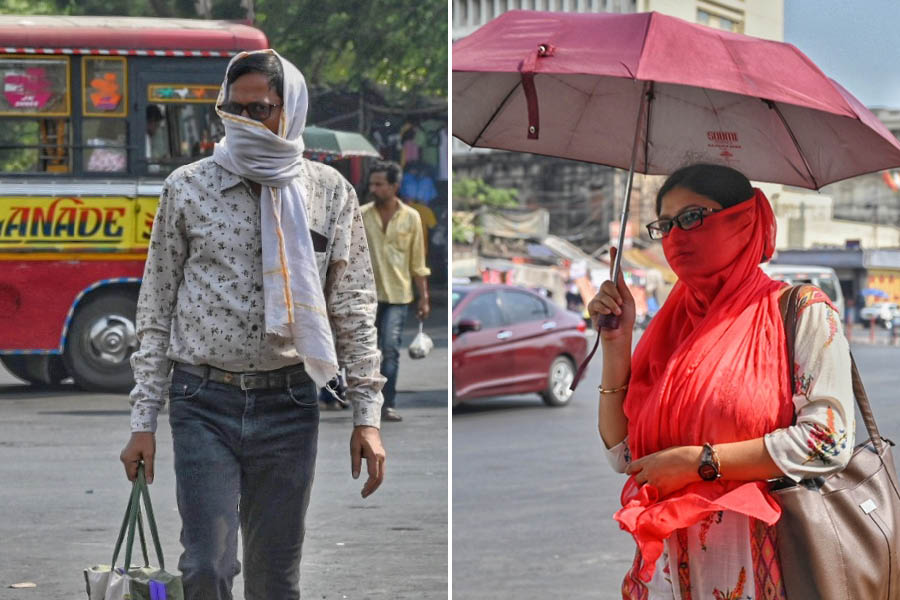A little over 11,500 people have been diagnosed with hepatitis B and C at government centres in Bengal in the past four years, doctors and health officials said at an awareness programme on Thursday.
The number is just the tip of the iceberg, said doctors and public health experts, calling for a greater awareness that they said would lead to more screenings and detection.
The National Viral Hepatitis Control Programme was launched in India in 2018. The first dedicated viral hepatitis treatment centre came up at SSKM Hospital in 2019. Since then, 35 more such centres have come up across the state, which screen and treat patients for free.
“At SSKM, we have so far had 3,200 hepatitis B and 2,100 hepatitis C patients,” said Abhijit Chowdhury, head of the Institute of Liver Diseases at SSKM Hospital and the chief mentor, Liver Foundation, West Bengal, the organisers of Thursday’s programme held at Calcutta Press Club.
“In the rest of the state, 3,086 people have so far been diagnosed with hepatitis B and 3,133 with hepatitis C,” said Pallab Bhattacharya, who has just retired as the state programme officer for the National Viral Hepatitis Control Programme.
The sum total of the numbers, 11,519, does not include people who were diagnosed at private healthcare units.
“However, the number is just a fraction of the total number of people who must be suffering from the disease in Bengal. That is why we need more awareness so that more and more people come forward for screening,” said Bhattacharya.
The World Health Organisation (WHO) website defines hepatitis as “an inflammation of the liver” that “can be self-limiting or can progress to fibrosis (scarring), cirrhosis or liver cancer”.
There are five main hepatitis viruses, referred to as types A, B, C, D and E
WHO has given a call to eliminate hepatitis B and C by 2030.
In India, it is estimated that there are 40 million people suffering from Hepatitis B and 6-12 million people suffering from Hepatitis C.
“While Hepatitis C infection can be cured, Hepatitis B infection can only be controlled, not cured. But the control is comprehensive and people infected with hepatitis B can lead a healthy and normal life. There are several wrong perceptions surrounding hepatitis. Like it would eventually cause liver cancer. Many patients are forced to live a stigmatised life. Many are not aware that they are entitled to free screening and treatment,” said Chowdhury.
Some of the ways in which the hepatitis B and C viruses can be transmitted are reuse or inadequate sterilisation of medical equipment, exposure to infected blood, tattooing and contact with infected body fluids. Hepatitis A and E are usually transmitted through food and water.
Experts said that early diagnosis and treatment could prevent the deterioration of health.
A helpline number — 7044041011 — for all hepatitis-related queries, run by the Liver Foundation, is operational from 10am to 5pm from Monday to Saturday.
“We have been receiving only around five to seven calls every day. We want the number to go up,” said Partha Sarathi Mukherjee, the director of Liver Foundation.
Thursday’s programme was marked in the follow-up of July 28, World Hepatitis Day.
Siddhartha Niyogy, the director of health services, said the guard against viral hepatitis must not be relaxed even during a renewed focus on dengue and other mosquito-borne diseases during the monsoon.
“We have to ensure that people are aware and do not panic. They have to avail the services available. There is no dearth of treatment. But there are not enough people who are coming forward to avail the treatment,” he said.
Actor Debshankar Halder was also present at the programme.






